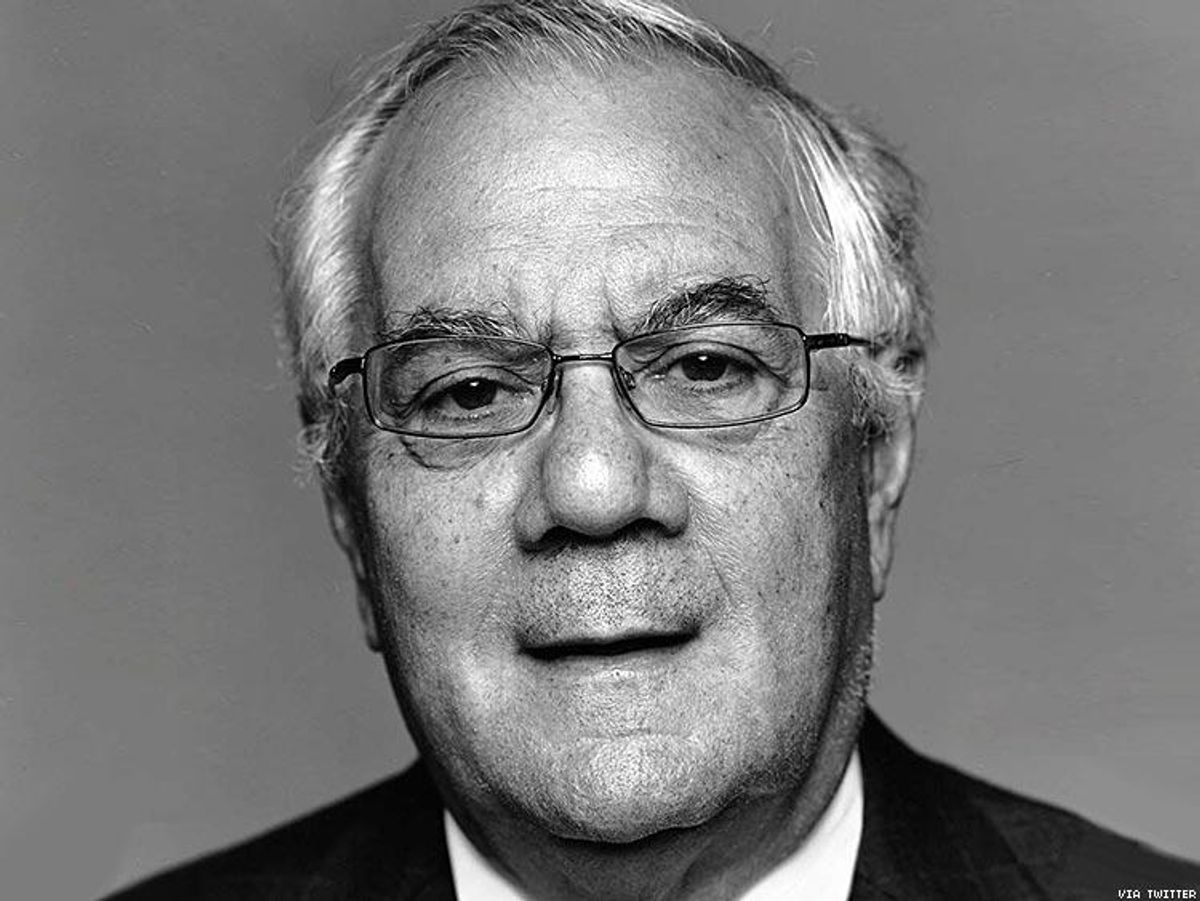The answer to the question The Advocate asked me to address -- what does John Boehner's quitting the House speakership mean for LGBT people -- has two parts. Directly and for the next 15 months, nothing at all. Indirectly and in 2017 and thereafter, maybe a lot -- for better or worse.
As to the first part, the math is clear. Nothing minus nothing is nothing. Speaker Boehner did everything within his power to block any of our efforts to secure full legal equality. As minority leader from 2007 to 2010, he strongly opposed any version of the Employment Non-Discrimination Act, the inclusion of LGBT people in hate-crimes law, and the repeal of "don't ask, don't tell." In fact, in 2010, under his leadership, for the first time in my memory House Republicans overwhelmingly voted against a Defense Department authorization bill they otherwise strongly backed because it was part of the process by which we succeeded in that repeal.
As speaker he simply refused to allow any bills advancing LGBT rights to the House floor, specifically including the transgender-inclusive version of ENDA passed by the Senate. Once President Obama announced his refusal to argue that the Defense of Marriage Act was constitutional, he used his 3-2 majority in the House committee that decides what lawsuits to file to have the House step in as DOMA's defender before the Supreme Court. As I write this, his successor has not yet been chosen, but this also means nothing, because every contender for his post and those that may open up on the leadership ladder shares his 100 percent opposition to any legislation that supports our right to equality.
The nonexistence of any difference between Boehner and his successor on LGBT issues also governs what may happen in the future. With Obama in the White House and a Senate Democratic majority, the overwhelmingly anti-LGBT Republican House did not even try to initiate legislation detrimental to us, other than the legal advocacy for DOMA. (Under the rules, this was one thing the House could do entirely on its own without any concurrence needed from the other branches.) But if the Republicans win the presidency and hold both chambers next year, we cannot count on a continuation of this restraint.
This is where the longer-term effect may be felt. The significant shift in public opinion in favor of full equality has had some effect on both parties. For Democrats it has meant that for two issues on which we encountered some intraparty resistance in the past -- full inclusion of transgender people in all antidiscrimination legislation, and marriage -- now have nearly unanimous support. On the Republican side, while there is still strong opposition to anything favorable to us, there is a politically driven reluctance to go on the offensive against us.

But two dynamics could change this to our disadvantage. One is the angry right-wing tone of the Republican presidential process, with its defense of religiously sanctioned bigotry. The ouster of Boehner by right-wingers is the other. While his successor will not differ with him on the substance of LGBT concerns, the need to pacify the right wing without shutting down the government could lead a post-Boehner speaker to push anti-LGBT legislation as a mark of his ultraconservative bona fides.
Fortunately, there is a flip side to both of these, and this is why I believe that in the end LGBT people will be the beneficiaries of Boehner's deposition. Taken together, they strengthen the case of those of us who have been arguing that the current Republican Party has moved so far to the right that it has lost the capacity to govern. To the extent that the prospect of a Republican House majority in thrall to the most right-wing elements in American politics costs them seats in the 2016 election, candidates who are in full support of LGBT rights will be helped. I regret the fact that the extremists on the Republican side have gained so much power, but given that they have, their ability to kick out their speaker in the absence of even the hint of scandal or misbehavior may be a wake-up call to the voters. And if that happens, LGBT rights will be one of the beneficiaries.
BARNEY FRANK is a former congressman from Massachusetts, serving from 1981 to 2012, and one of the nation's first openly gay politicians. Follow him on Twitter @BarneyFrank.



















































































